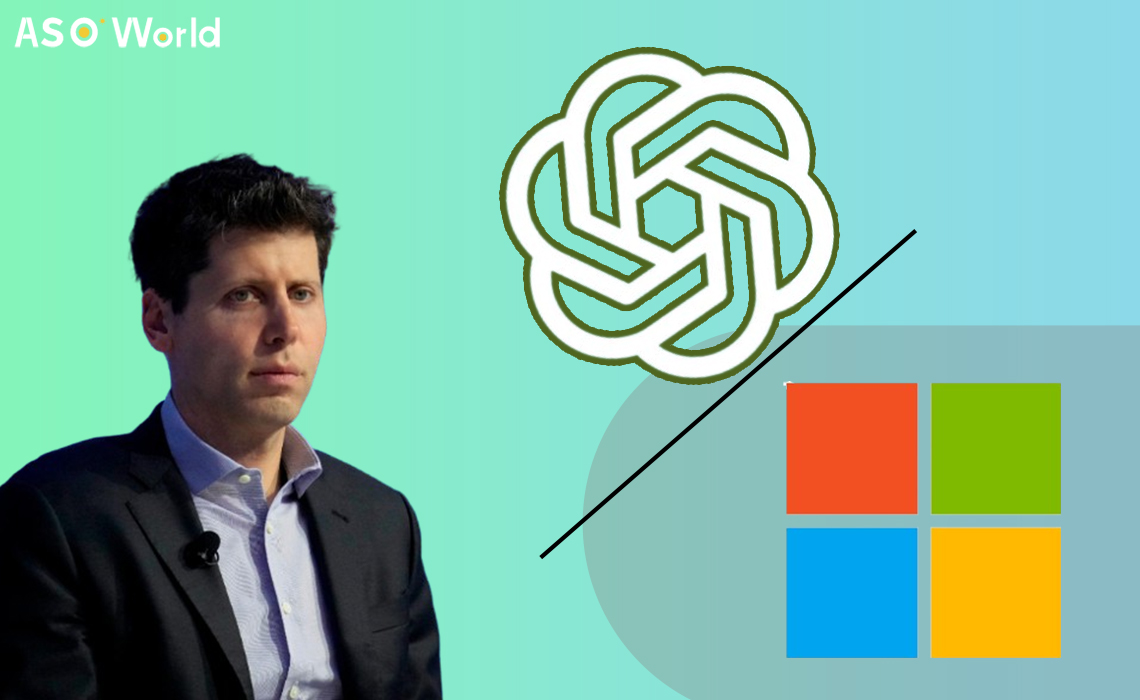The high-profile power struggle at OpenAI has concluded, with co-founder Sam Altman reinstated as CEO, but the resolution has sparked a new set of debates about diversity and the company's direction.
⚡ Microsoft Snags OpenAI Co-Founders, Sam Altman and Greg Brockman, to Spearhead New AI Division
The End of an Internal Battle
Altman's Reinstatement
After a tumultuous period marked by the firing of Sam Altman and a subsequent employee uproar, OpenAI has reached a temporary state of calm. Altman returns to leadership amidst questions about the company's future and its commitment to its founding principles.
A Less Diverse Beginning
The reformation of OpenAI's board has drawn criticism for its lack of diversity. The new board, entirely white and male, has raised concerns that it may not fully represent or advance the company's mission to develop artificial general intelligence that benefits all humanity.
OpenAI's Original Vision
The Nonprofit Structure
OpenAI was conceived with a dual structure: a nonprofit with absolute decision-making power over its for-profit arm. This design aimed to ensure that AI advancements would serve the greater good rather than purely commercial interests. However, as external investments grew, adhering strictly to this philanthropic vision proved challenging.
The Charter's Intentions
The OpenAI charter, though brief, explicitly directs the company to prioritize humanity's benefit over profit. Recent events have brought into question how faithfully this directive will be followed under the new board.
Investor and Employee Reactions
Microsoft and Investors' Discontent
Microsoft CEO Satya Nadella and investors from firms like Khosla Ventures and Thrive Capital were reportedly displeased with Altman's dismissal. Some investors even considered legal action if Altman was not reinstated.
Employee Support for Altman
OpenAI employees showed solidarity with their former CEO, with nearly the entire workforce threatening resignation if the board did not reverse its decision. Their motivation was not only loyalty but also concern over job security and potential financial loss from halted share sales.
Concerns Over the New Board
Diversity Critiques
The current all-male composition of OpenAI's board has been criticized by various AI academics and industry experts. They argue that such homogeneity could hinder the responsible development of AI technologies.
Ethical Oversight Questions
Observers question whether the new board members have sufficient expertise in responsible AI use. Critics suggest that a more diverse board might better prioritize challenges like data annotation inequity and model bias.
Looking Forward
OpenAI now faces the task of filling remaining board seats with diverse voices. The tech community is watching closely to see if the organization will align its leadership more closely with its mission of benefiting all humanity. The choices made in the coming days could shape both OpenAI's trajectory and its public perception for years to come.

